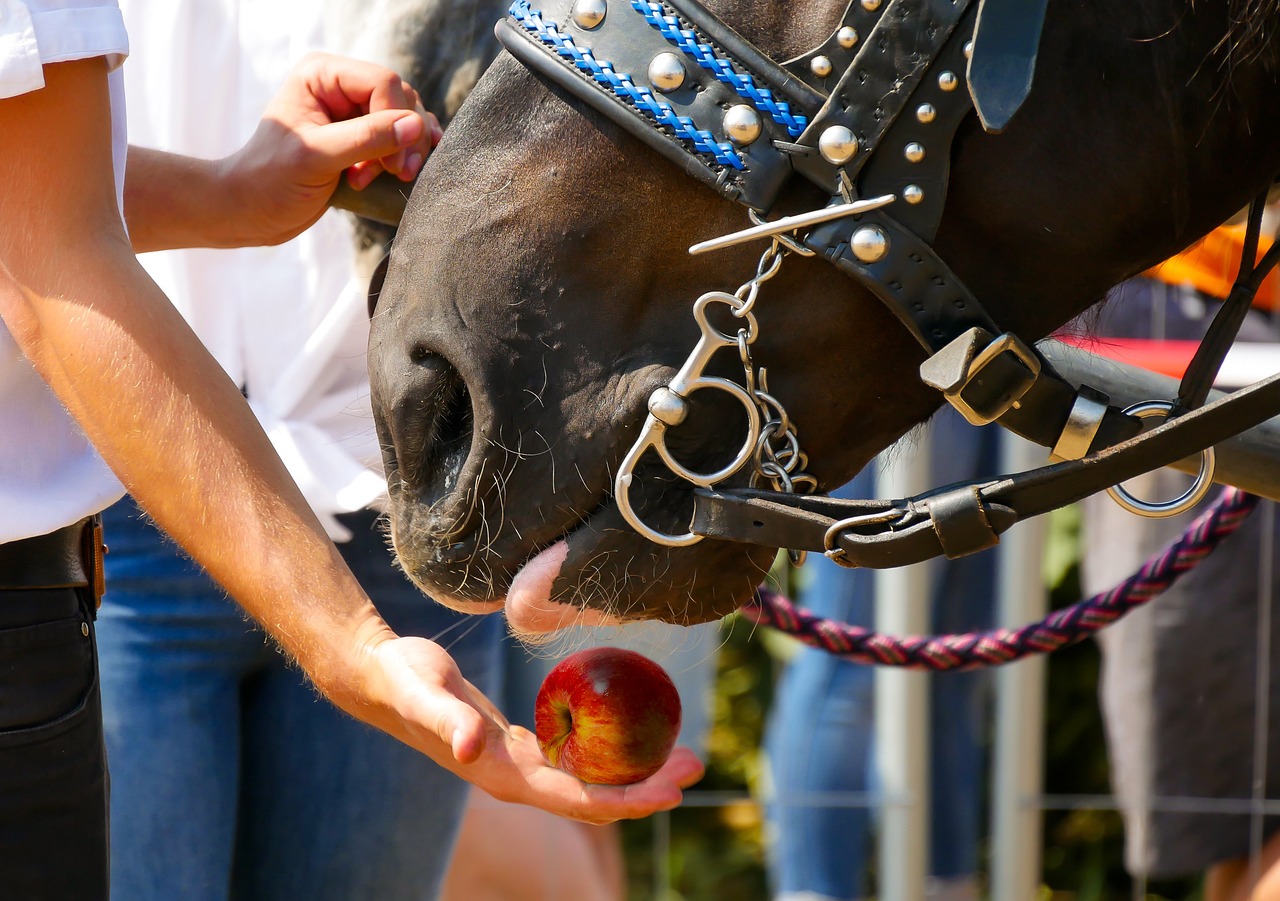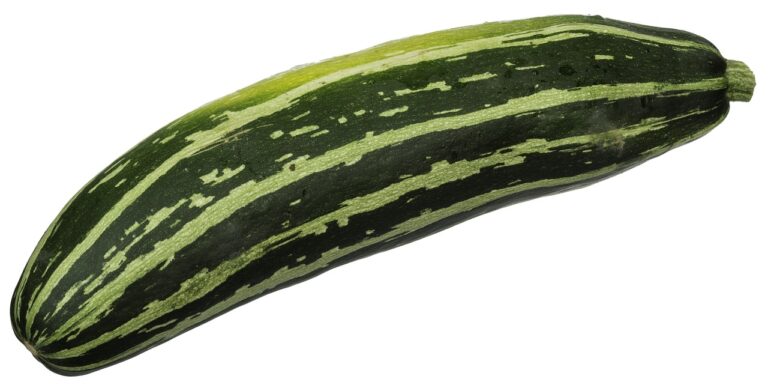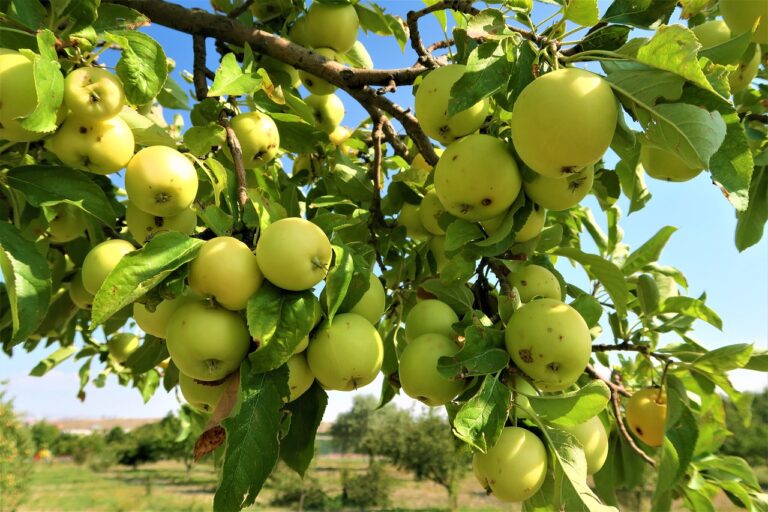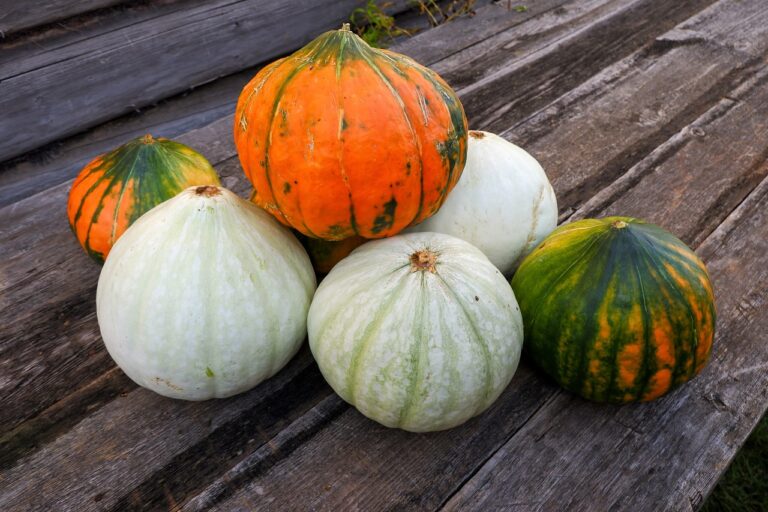Innovations in Wastewater Reuse for Irrigation: Cricket bet 99 login, Sky11 live, Reddy book id
cricket bet 99 login, sky11 live, reddy book id: Innovations in Wastewater Reuse for Irrigation
Water scarcity is a growing concern worldwide, and finding sustainable solutions to preserve and optimize water resources is crucial. One innovative approach to addressing this issue is wastewater reuse for irrigation. By treating and repurposing wastewater for agricultural use, we can reduce the strain on freshwater sources and create a more sustainable water management system.
In recent years, there have been significant advancements in wastewater treatment technologies and irrigation practices to make wastewater reuse for irrigation a viable and safe option. Let’s explore some of the key innovations in this field that are helping to revolutionize water reuse for agriculture.
Advanced Wastewater Treatment Processes
Traditional wastewater treatment processes may not adequately remove all contaminants present in wastewater, making it unsuitable for irrigation. However, advancements in wastewater treatment technologies have led to the development of more efficient and effective treatment processes that can produce high-quality treated effluent suitable for irrigation.
Advanced treatment processes, such as membrane filtration, reverse osmosis, and ultraviolet disinfection, are capable of removing a wide range of contaminants from wastewater, including pathogens, nutrients, and trace organic compounds. These technologies ensure that the treated effluent meets stringent water quality standards set for irrigation purposes.
Moreover, the integration of advanced treatment processes with innovative monitoring and control systems allows for real-time monitoring of water quality parameters, ensuring the consistent production of high-quality treated effluent for irrigation.
On-Farm Water Treatment Systems
On-farm water treatment systems offer a decentralized approach to wastewater reuse for irrigation, allowing farmers to treat wastewater on-site before using it for irrigation. These systems are designed to treat small to medium volumes of wastewater generated on the farm, such as agricultural runoff or livestock wastewater.
On-farm water treatment systems typically consist of a series of treatment units, such as sedimentation tanks, constructed wetlands, and biological filters, that work together to remove contaminants from wastewater and produce clean water suitable for irrigation. These systems are cost-effective, easy to operate, and can be customized to meet the specific needs of individual farms.
Furthermore, on-farm water treatment systems help to reduce the environmental impact of agricultural activities by preventing the discharge of untreated wastewater into water bodies and minimizing the risk of groundwater contamination.
Smart Irrigation Technologies
Smart irrigation technologies are revolutionizing the way water is managed in agriculture by optimizing water use efficiency and minimizing water wastage. These technologies use sensors, actuators, and automated control systems to monitor soil moisture levels, weather conditions, and crop water requirements in real-time, allowing for precise and targeted irrigation.
By integrating smart irrigation technologies with treated wastewater, farmers can ensure that crops receive the right amount of water at the right time, leading to improved crop yields and water savings. Additionally, these technologies help to prevent over-irrigation, reduce nutrient leaching, and enhance soil health, contributing to sustainable agricultural practices.
Drip Irrigation Systems
Drip irrigation systems are a water-efficient irrigation method that delivers water directly to the root zone of plants through a network of tubing and emitters. This irrigation method minimizes water loss due to evaporation and surface runoff, making it ideal for water reuse applications.
Drip irrigation systems can be easily adapted to utilize treated wastewater for irrigation, providing a precise and uniform distribution of water to crops while minimizing the risk of waterborne diseases. These systems are highly efficient in water use, reduce labor costs associated with irrigation, and can be automated with smart irrigation technologies for optimal water management.
Soil Health Management
Maintaining soil health is essential for sustainable agricultural practices and successful wastewater reuse for irrigation. Healthy soils are better able to absorb and retain water, support plant growth, and prevent nutrient leaching into groundwater.
Implementing soil health management practices, such as cover cropping, crop rotation, and compost application, helps to improve soil structure, fertility, and microbial activity, making soils more resilient to the potential contaminants present in treated wastewater. By enhancing soil health, farmers can optimize the benefits of wastewater reuse for irrigation while mitigating potential risks to crop productivity and environmental quality.
Regulatory Frameworks and Best Practices
Effective regulatory frameworks and best management practices are critical for ensuring the safe and sustainable reuse of wastewater for irrigation. Government agencies, water utilities, and agricultural organizations play a key role in developing and implementing regulations and guidelines that govern the treatment, distribution, and use of treated wastewater in agriculture.
Adhering to best practices, such as regular monitoring of water quality, proper maintenance of irrigation systems, and compliance with regulatory standards, helps to minimize the risks associated with wastewater reuse for irrigation and ensures the protection of public health and the environment.
Moreover, promoting public awareness and stakeholder engagement on the benefits and challenges of wastewater reuse for irrigation fosters community acceptance and support for sustainable water reuse practices in agriculture.
FAQs
Q: Is it safe to use treated wastewater for irrigation?
A: Yes, when treated to meet stringent water quality standards, treated wastewater is safe for irrigation and poses minimal risks to human health and the environment.
Q: What are the benefits of wastewater reuse for irrigation?
A: Wastewater reuse for irrigation helps to conserve freshwater resources, reduce the discharge of pollutants into water bodies, improve soil fertility, and enhance crop productivity.
Q: How can farmers ensure the quality of treated wastewater for irrigation?
A: Farmers can implement on-farm water treatment systems, monitor water quality parameters regularly, and follow best management practices to ensure the quality of treated wastewater for irrigation.
Q: Are there any incentives or support programs available for farmers interested in wastewater reuse for irrigation?
A: Yes, government agencies, water utilities, and agricultural organizations offer incentives, grants, and technical assistance programs to support farmers in adopting wastewater reuse practices for irrigation.
In conclusion, innovations in wastewater reuse for irrigation are paving the way for a more sustainable and water-efficient agricultural sector. By harnessing advanced treatment technologies, on-farm water treatment systems, smart irrigation technologies, and best management practices, farmers can maximize the benefits of wastewater reuse while safeguarding the environment and public health. Embracing these innovations is crucial for ensuring a resilient and water-secure future for agriculture and communities around the world.







